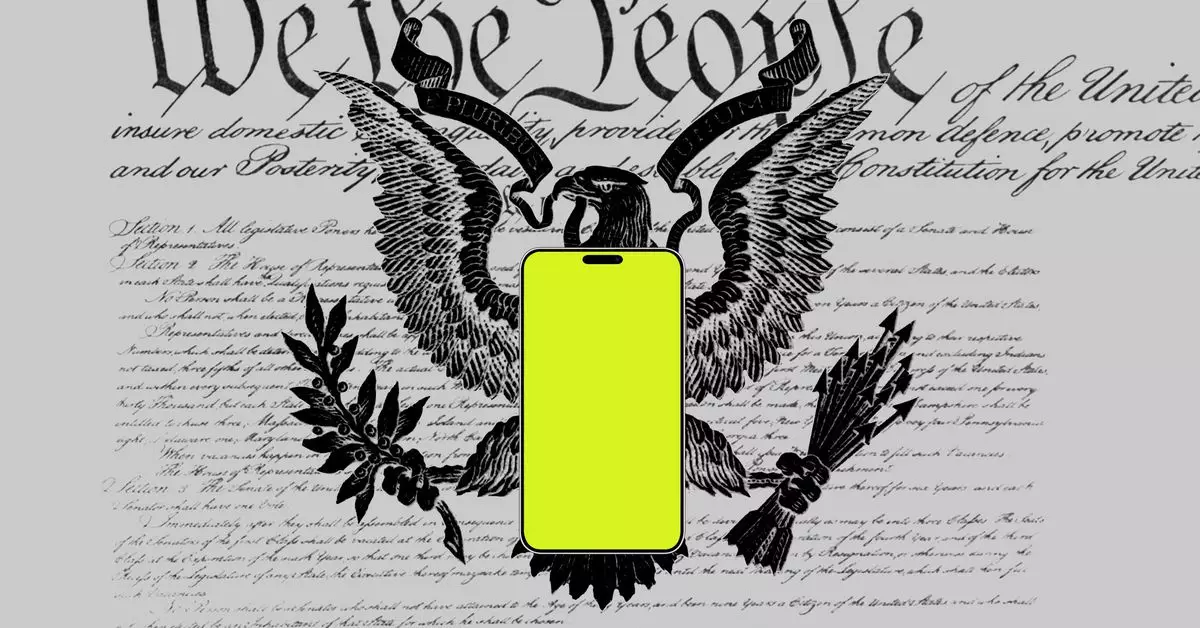The world of telemarketing is notorious for its invasiveness and the frustration it brings to consumers. However, recent findings from the Federal Trade Commission (FTC) suggest a significant shift in this landscape. Complaints regarding unwanted telemarketing calls have decreased substantially for the third consecutive year, indicating that government interventions may have begun to yield positive outcomes for consumers.
According to the FTC’s announcement, the number of complaints related to unwanted calls has dropped by over 50 percent since 2021. This figure represents a remarkable change, particularly in a world where such disturbances have traditionally been rampant. In the 2024 fiscal year, there were approximately 33,000 fewer complaints compared to the previous year. This downward trend is celebrated by consumer rights advocates, and it suggests that consumers are starting to feel a reprieve from the incessant barrage of unsolicited calls.
Despite the overall decrease, the FTC observed that calls related to debt reduction have surged by over 85 percent year-over-year. This alarming statistic raises questions about the nature of telemarketing and the ongoing challenge of tackling sophisticated scams. While the decrease in other unwanted calls is encouraging, the rise in specific fraudulent activities points to a need for continued vigilance in consumer protection.
FTC Bureau of Consumer Protection Director Sam Levine acknowledges the remaining issues in telemarketing, labeling illegal calls as “a scourge.” However, he credits the FTC’s proactive strategies in targeting the original sources of such telemarketing campaigns for the overall decline in complaints. The commission has been focusing on upstream players, which includes not only telemarketers but also companies that facilitate or enable these invasive practices.
One of the FTC’s significant tools has been the Telemarketing Sales Rule (TSR), which imposes strict regulations on telemarketers, including when they are permitted to make calls. Moreover, the agency has taken an essential step in clarifying that the TSR also applies to scam calls generated using artificial intelligence, ensuring that emerging technologies cannot exploit regulatory loopholes. Hence, the FTC has been actively taking down well-known scam operations, like those associated with extended vehicle warranties, to further protect consumers.
The FCC has also been an instrumental player in this regulatory landscape. Their initiatives, including imposing a $300 million fine on a significant telemarketing campaign, actively demonstrate their commitment to curbing deceptive practices. Furthermore, the agency’s newly established anti-spoofing protocols are aimed at ensuring that caller IDs accurately represent the originating phone number. This move is crucial for preventing the deceptive practices that many scammers employ to trick consumers.
The collaboration between the FTC, FCC, and major mobile carriers to block illegal robocalls and robotexts reinforces this multifaceted approach to consumer protection. While challenges remain, these concerted efforts signal a turning point in how telemarketing is regulated in the digital age.
As telemarketing continues to evolve, the FTC’s strategies and regulatory frameworks will need to adapt accordingly. The reduction in complaints offers a glimmer of hope, but the increase in specific fraudulent calls reminds us that vigilance must remain a priority. Proactive measures, updated regulations, and continued consumer education will play pivotal roles in ensuring that the ongoing fight against unwanted telemarketing calls is successful. The interplay between technology and regulation will ultimately define the consumer experience in the years to come.

